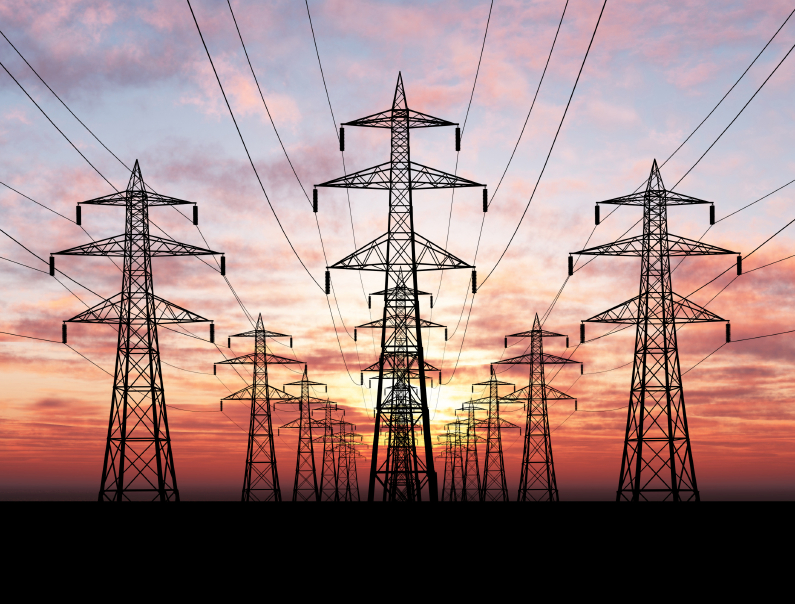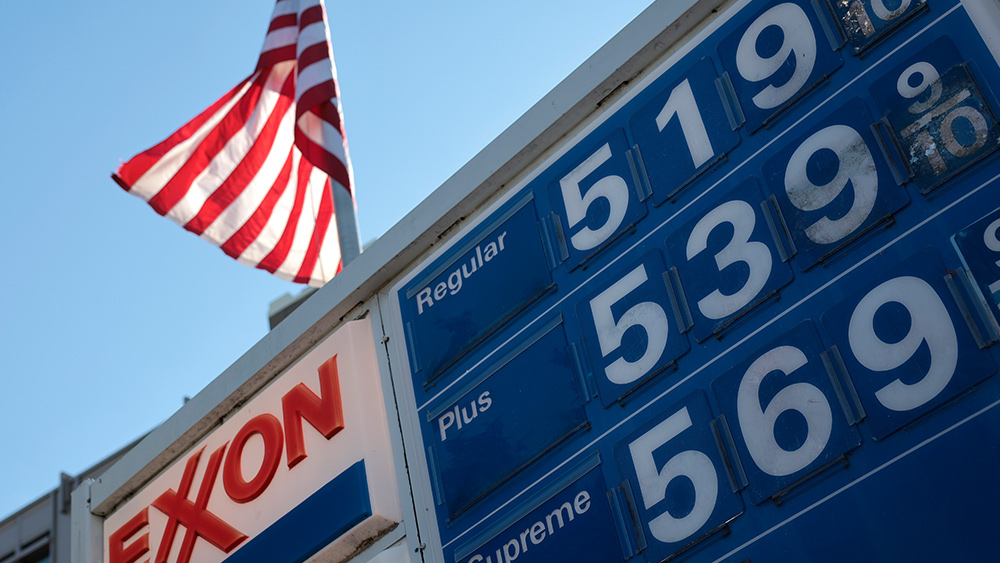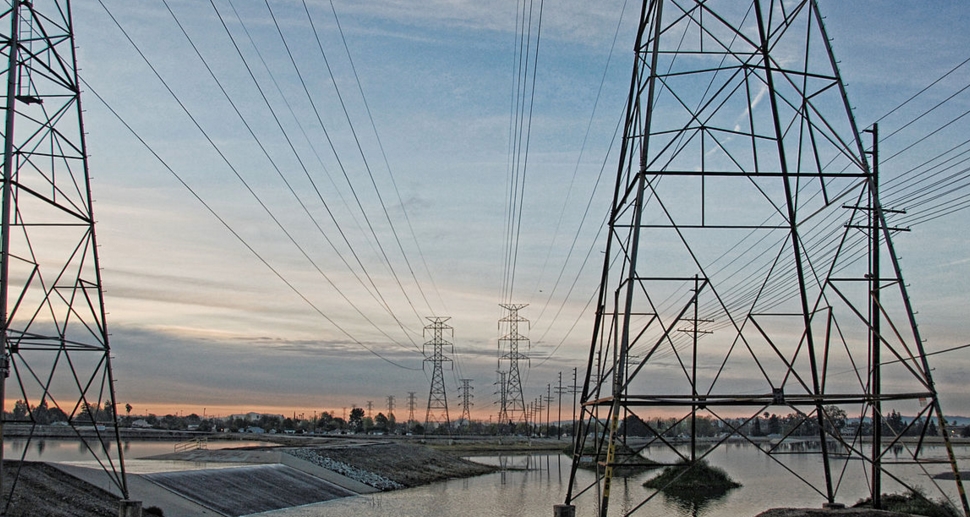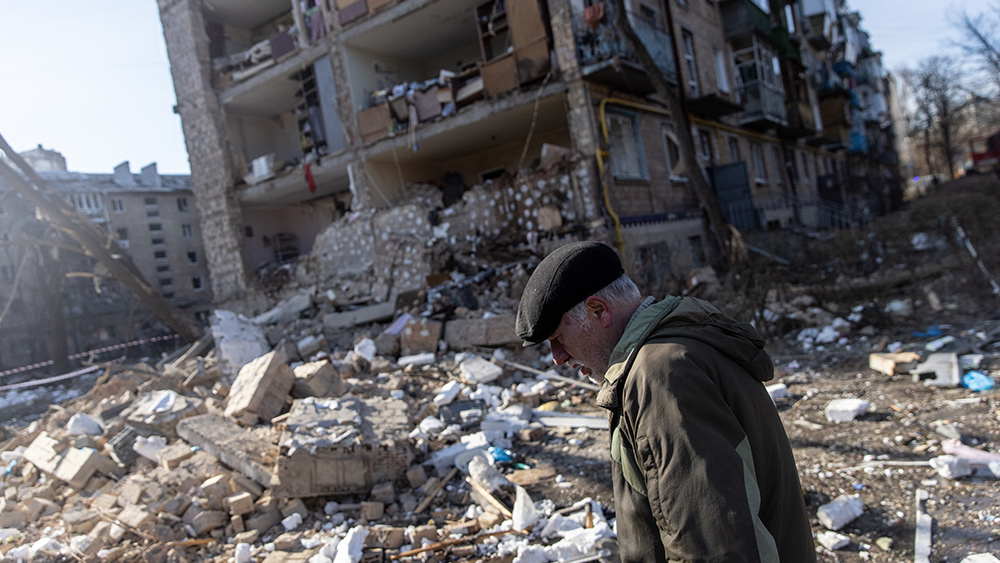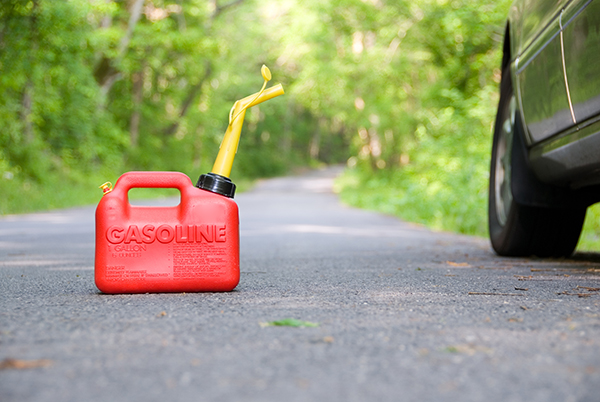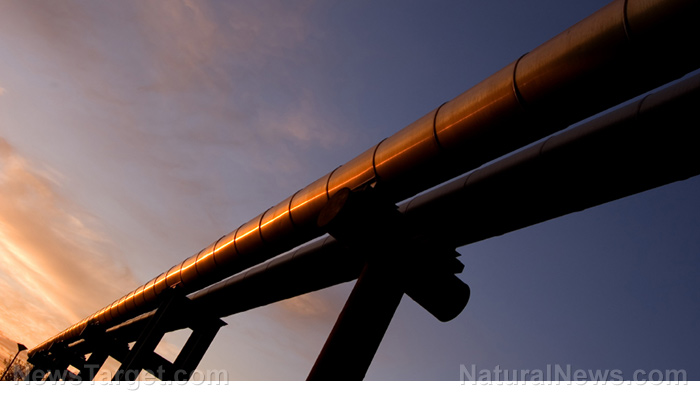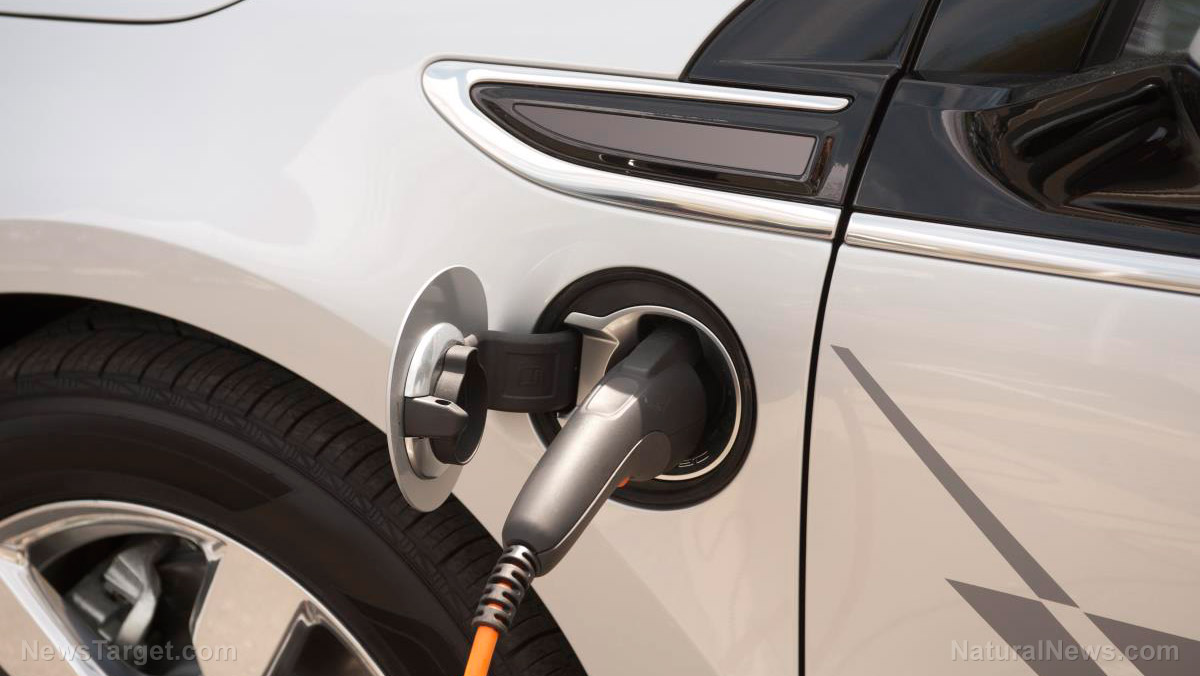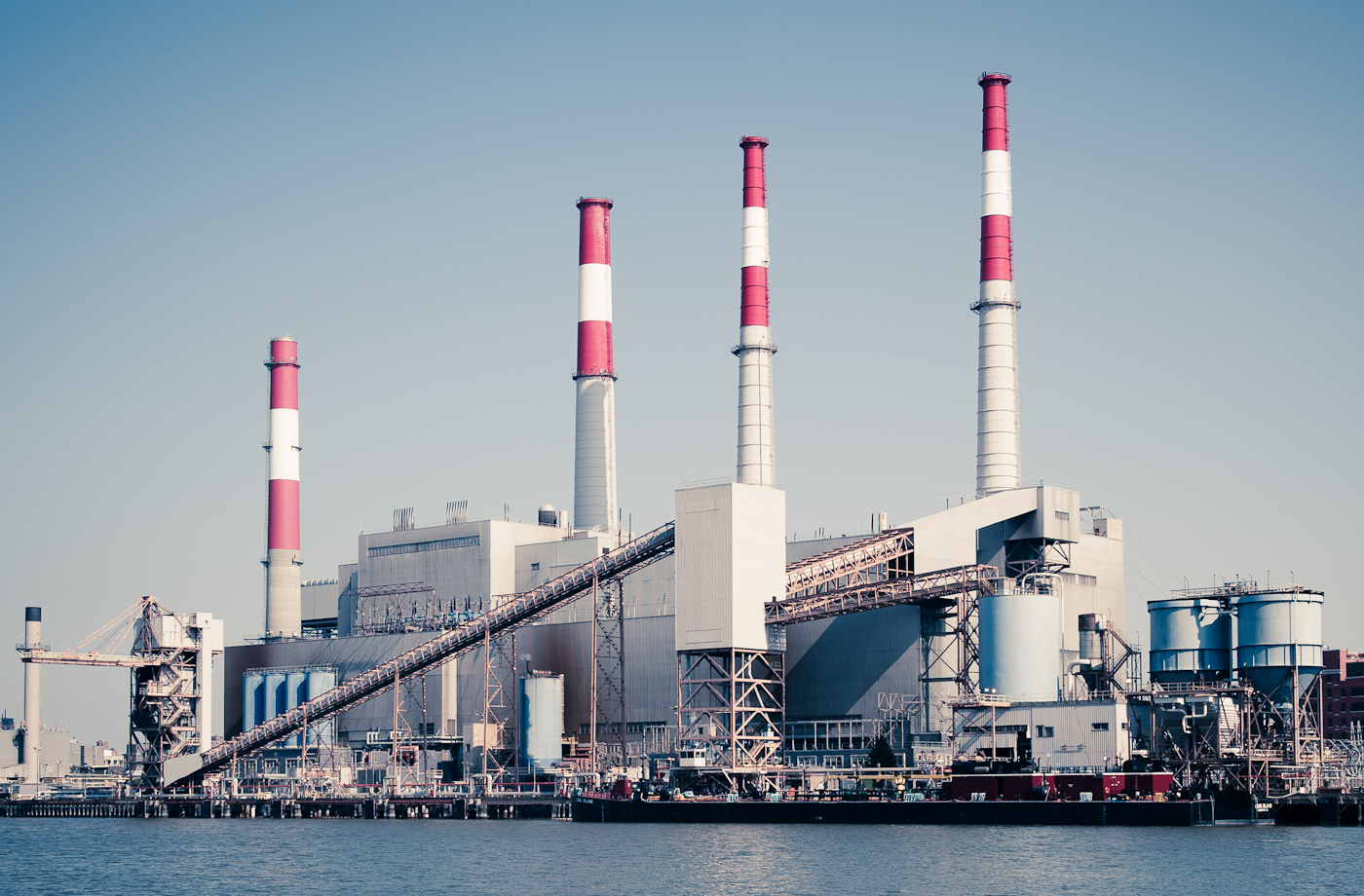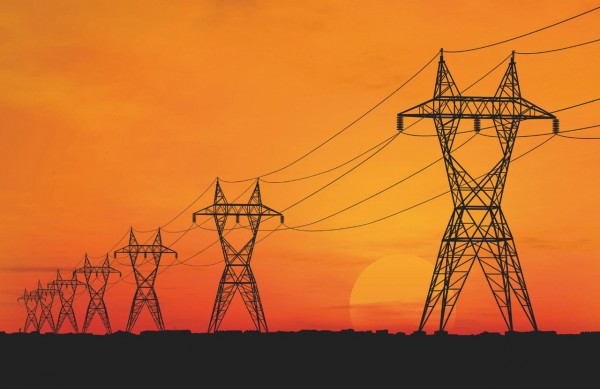Oil-producing giants warn of dwindling energy supply worldwide as fuel prices hit record highs
05/13/2022 / By Ramon Tomey
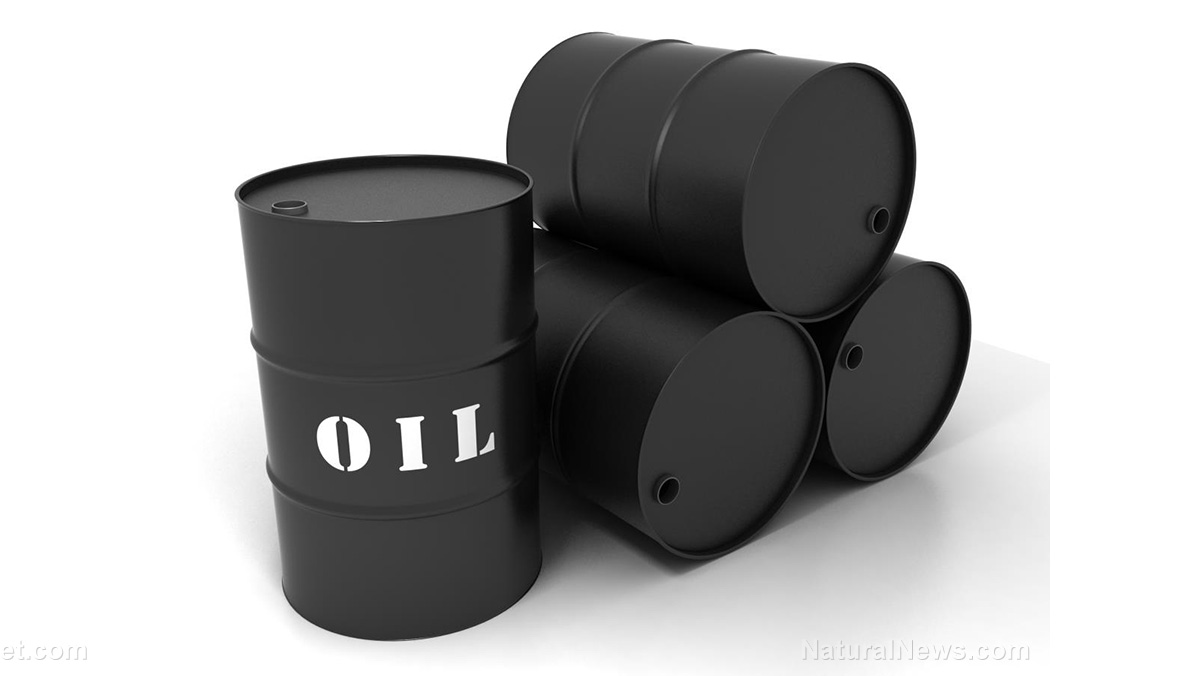
Two oil-producing giants – Saudi Arabia and the United Arab Emirates (UAE) – warned that the global energy supply is dwindling amid high fuel prices and increased demand.
Officials from the two Middle Eastern nations issued their warnings during a May 10 conference of the Organization of the Petroleum Exporting Countries (OPEC) held at the UAE’s capital Abu Dhabi.
“The world needs to wake up to an existing reality. The world is running out of energy capacity at all levels. I am a dinosaur, but I have never seen these things,” Prince Abdulaziz bin Salman, the Saudi energy minister, told Bloomberg during the conference.
Meanwhile, Emirati Energy Minister Suhail al Mazrouei pointed to reduced investments in fossil fuels as a factor driving the spikes in fuel prices. He told Bloomberg during the same meeting that without additional global investment, OPEC and its associate nations under the OPEC+ banner would be unable to guarantee crude oil supplies for its customers.
“We’ve been warning about the lack of investment, [and] that lack of investment is catching up with a lot of countries,” said al Mazrouei.
Saudi Arabia and the UAE are among the few oil-producing giants investing in greater output. To this end, both countries are spending billions of dollars to boost their crude oil production by two million barrels per day (bpd) by the end of the 2020s. Meanwhile, other producers are struggling with investments as both Western shareholders and governments are pivoting toward “green energy.” (Related: Saudi Arabia starts shift to green fuel production, builds $5B hydrogen plant.)
The 23-nation OPEC+ alliance announced a 432,000 bpd increase in June on May 5, but the collective is struggling to achieve that goal as many members are producing crude oil below their quotas. The latest OPEC+ survey conducted by S&P Global Commodity Insights found that the collective fell short of its production targets by 2.59 million bpd in April.
“We, OPEC+, cannot compensate for the whole 100 percent of the world requirement. How much we produce, that is our share. And actually, I would bet that we are doing much more,” remarked the Emirati energy minister.
Al Mazrouei: Don’t blame crude oil producers for high fuel prices
According to al Mazrouei, major crude oil producers should not be blamed for the rise in fuel prices. He added that fingers should instead be pointed at the politicization of the oil market and high taxes in nations that import OPEC products.
“We are getting a fraction of what the companies and governments are making from those extra taxes,” the Emirati official said.
Both al Mazrouei and bin Salman also denounced a proposal in the U.S. Congress aimed at OPEC, explaining that the bill “would bring greater chaos to already strained energy market.” If it gets signed into law, the bill could push oil prices by threefold, the UAE’s energy minister noted.
U.S. Senate Bill 977 or the No Oil Producing and Exporting Cartels (NOPEC) Act of 2021 was approved by the Senate Judiciary Committee on May 5 in a 17-4 vote. With the committee’s approval, the bill now needs to be voted on by both chambers of Congress before President Joe Biden signs it into law.
If it becomes law, the NOPEC Act would allow the U.S. government to sue OPEC for violating antitrust laws – given that it controls the majority of the world’s oil supply and prices. The cartel itself, its individual member countries and other affiliates under OPEC+ could be sued in federal court.
“If you hinder that system, you need to watch what you’re asking for. Because having a chaotic market would see a 200 or 300 percent increase in [fuel] prices that the world cannot handle,” al Mazrouei told CNBC.
Ultimately, both the Emirati and Saudi energy ministers issued a joint statement calling for both OPEC and non-OPEC countries to cooperate in order to address the ongoing energy crisis. “The world needs to work collectively, responsibly [and] comprehensively … in salvaging the world economy,” bin Salman said in the statement.
FuelSupply.news has more stories about the ongoing energy crisis.
Watch this Fox Business report below about the surge in diesel prices.
This video is from the NewsClips channel on Brighteon.com.
More related stories:
Saudi Arabia may increase oil prices amid Russia-Ukraine war.
US crude oil surges to 13-year high of $130 a barrel as Russia-Ukraine war escalates.
Saudi Arabia says it can’t ensure oil supply stability amid “jittery period” of global instability.
Sources include:
Submit a correction >>
Tagged Under:
chaos, collapse, crude oil, energy crisis, energy shortage, energy supply, fossil fuels, fuel prices, fuel supply, inflation, market crash, NOPEC Act, oil production, OPEC, panic, power, power grid, price hikes, Saudi Arabia, United Arab Emirates
This article may contain statements that reflect the opinion of the author
RECENT NEWS & ARTICLES
NewEnergyReport.com is a fact-based public education website published by New Energy Report Features, LLC.
All content copyright © 2018 by New Energy Report Features, LLC.
Contact Us with Tips or Corrections
All trademarks, registered trademarks and servicemarks mentioned on this site are the property of their respective owners.

